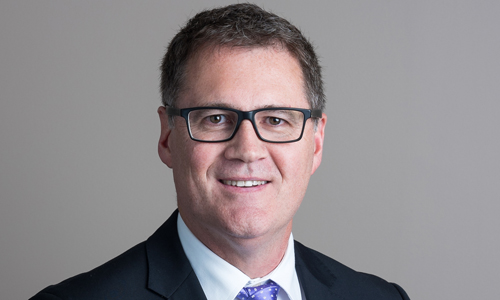Changes in advisor land affecting the whole industry
by Greg Bright
In an important and timely report published last week, Adviser Ratings, a research and advice firm which studies both individual financial advisors and the overall retail advice sector, has confirmed massive changes ahead. The changes will affect the whole super industry.
The report, ‘Adviser Musical Chairs Report’, says that total advisor numbers are contracting – another 3 per cent in just the last three months. And a lot of advisors – about 5 per cent – have shifted to new ‘licensees’ in that period. It’s an industry sector in a state of flux.
Mark Hoven, the head of ‘wealth’ at Adviser Ratings, said last week that: “The key theme is the continuation of an unprecedented rate of movement of advisors around and out of the industry.”
The biggest shift, after the contraction in numbers, is that almost 60 per cent of advisors are now licensed by privately owned entities. In itself, that’s probably a good thing for the not-for-profit sector of the industry. But, a reduction in total numbers of advisors is not. The subtext of the report is that big super funds need to redouble their efforts to increase their advisor numbers – whether they are salaried or not.
Oddly, the heighted advisory regulatory qualification regime (where advisors have to have at least a university qualification by June next year, does not appear to be the main driver in the reduction of licensed advisor numbers.
Adviser Ratings says that: “Muscled up, ASIC is likely to target 48 licensees who represent more than half of the county’s advisors.” In the past three months, there was a 70 per cent increase in the number of advisors moving to new licensees.
The reports says: “Analysis of advisor movements in Quarter 3 of 2019 has revealed that the recent trend of declining advisor numbers has continued. Overall, advisor numbers across the industry have declined by around 700 individuals. There were 24,772 people authorised to give advice at the end of Q3, down from 25,470 at the end of the previous quarter.
“This equates to a contraction of almost 3 per cent of the number of people authorised to offer financial advice in the latest quarter,” the report says. “The number of advisers represented in the institutionally owned and aligned space continues to wither, dropping a further 2.4 per cent from Q2. Currently, just over 42 per cent of advisers in the industry are authorised by institutionally owned or aligned licensee’s, with the number authorised by privately owned licensees sitting on nearly 58 per cent.
“Adviser Ratings analysis shows that the proportion of advisers from institutions dropped from 14.5 per cent in Q2 to 13.8 per cent in Q3, aligned adviser numbers dropped from 30.1 per cent to 28.4 per cent and privately authorised advisors increased from 55.4 per cent to 57.9 per cent in the same period.”
– G.B.










